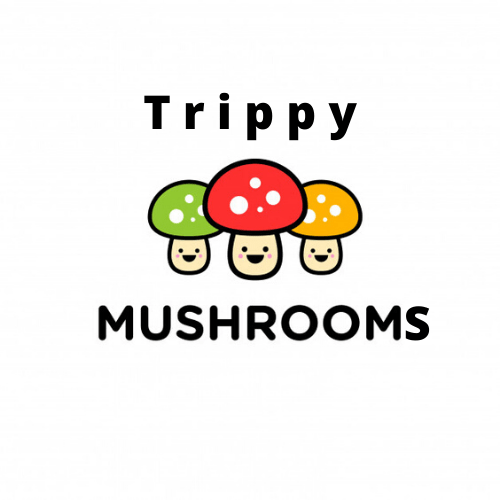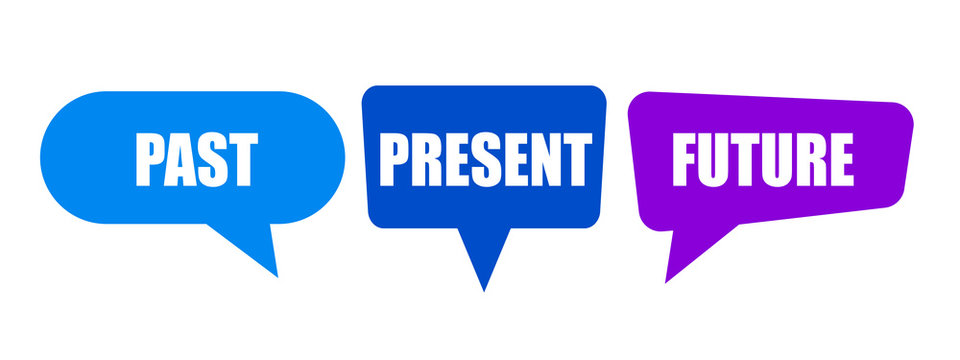No products in the cart.
Blogs
The Future Of Psychedelic Magic Mushrooms
Future Of Psychedelic ?
Confucius said it thousands of years ago: “Study the past if you would define the future.” This statement can refer to changing a behaviour, stopping an upcoming crisis, or even releasing a new product—and now, can be applied to how magic mushrooms are viewed by the law.
If we want to see what’s in store for magic mushrooms’ road to legalization, we must look into the past timeline of misconceptions about cannabis, its supply and demand, and the correlation between its wide availability and first-time users.
Psilocybin, the fungus known as the magic mushroom, is a hallucinogen. Since the 1950s, it has been associated with various risks and fears such as dangerous behaviour, mental illness, addiction and overdose.
However, the Oregon Psilocybin Service Initiative aims to be “the first initiative ever aiming to legalize, not just decriminalize, psilocybin therapy.”
It is impossible to look at the arc that is the public perception of magic mushrooms without acknowledging its similarities to another once illicit drug in Canada: cannabis.
Before its legalization in 2018, using cannabis recreationally shared the same kind of history of misconceptions and prohibition as psilocybin. The drug was attributed to violent behaviour and murder in North America throughout the 2oth century, until it was decriminalized in 2014 for medical use.
Let’s begin by looking back at the legalization timeline of cannabis in Canada. In 1923, the Canadian government introduced the Act to Prohibit Improper Use of Opium and Other Drugs, which included cannabis. The ban was mostly due to a drug panic that drove the government to ban Chinese immigration to Canada in the early 1920s.
Women’s rights activist Emily Murphy blamed Chinese drug sellers for corrupting Canadian youth. In her book The Black Candle, she claimed the common-at-the-time misconceptions that marijuana users “become raving maniacs” and were “liable to kill or indulge in any sort of violence.”
After decades of both medical and recreational pro-cannabis movements, cannabis was decriminalized for medical use under the Marihuana Medical Access Regulations in 2013 and 2014. Finally, the drug became fully legalized for recreational use under Prime Minister Justin Trudeau’s Bill C-45 in October 2018. Future Of Psychedelic Mushrooms Are Looking Bright
Psilocybin has a similar backstory to that of cannabis, in the sense that it took many years of research and activism to drive people to accept its medicinal use. In the 1950s, psychiatrists began to explore the therapeutic benefits of psychedelic drugs for treating mental illnesses like depression and other mood disorders.
However, psychedelic drugs eventually earned reputations as “drugs of abuse” when the popularity of LSD within hippy counterculture became widespread in 1967, associating it with anti-war riots and other supposedly violent demonstrations. Eventually, the U.S officially banned psilocybin and other psychedelic drugs under the Food, Drug and Narcotics Act in 1968.
Now, psilocybin has a shot at its first instance of decriminalization in the United States this November, thanks to Oregon’s Measure 109, a “medicinally focused bill, intent on providing access to psilocybin for healing.”
If the bill passes, psilocybin will eventually follow cannabis in legalization in Oregon within the next few years, provided there is an agreement around the drug’s distribution requirements, as well as an evaluation of the risks and benefits of the drug’s recreational use.
The key to legalizing psilocybin in Canada remains the same key that legalized cannabis in Canada: to acknowledge the hallucinogen’s ability to treat various illnesses and disorders. Cannabis is known to treat Alzheimer’s disease, seizures, epilepsy, and chronic pain. Medicinal uses paved cannabis’ path towards decriminalization and eventually, legalization.
Canada has already taken this first big step towards decriminalizing the drug by granting an exception for its medical use at the federal level.
In April 2020, four cancer patients began a petition “to seek an exception from existing laws to use psilocybin as part of their palliative care treatment,” filing a legal document for the approval of its use that year.
In August, Health Minister Patty Hadju approved the petition to decriminalize the use of psilocybin for these four cases. Hadju’s approval was the first big step towards the possible legalization of the drug in the future. This marked the first publicly-known approval of psilocybin in Canada.
So Can The Future Of Psychedelic Be Legalized
Psilocybin has a shot at decriminalization in Oregon because of its newly-acknowledged benefits in treating depression, anxiety and PTSD. Given Hadju’s recent approval, Canada may be on the same path Oregon has already paved.
Cannabis and psilocybin are “among the safest drugs we know of,” when used within the appropriate dose amount. Given the similarities between both their histories, it is likely Canada may follow in Oregon’s footsteps and legalize the drug—something that can and will radically alter the country’s drugscape. Exactly how this happens will depend on how ready the public is to embrace something that’s been villainized and ostracized for decades.
The Future Of Psychedelic Magic Mushrooms Begins Now <3
Buy your magic mushrooms online in Canada with the best – Trippy Mushrooms all online orders will processed in an hour and shipped discreetly and fast. Future Of Psychedelic Will Be Provided Here

